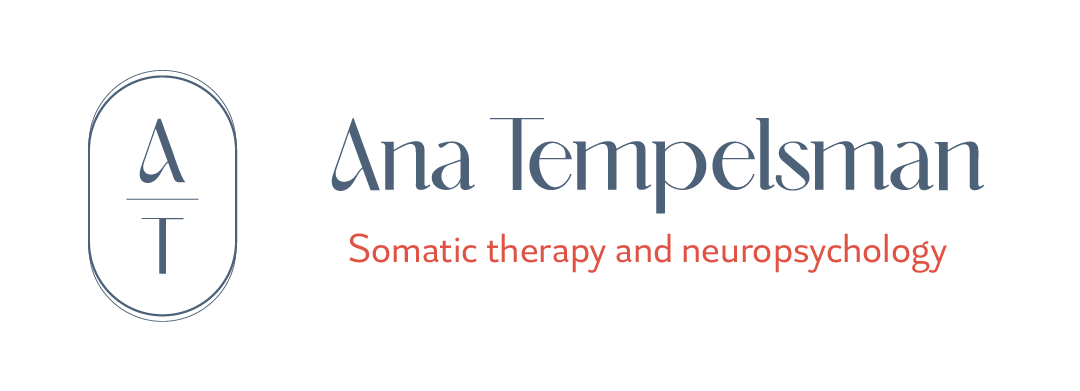MEDITATION
JAN, 2024
Meditation: A Practice of Observation and Compassion
![]() ANA TEMPELSMAN
ANA TEMPELSMAN

More Than Not Thinking
The Role of Thoughts
Distraction and the generation of thoughts during meditation are not only normal but also an integral part of the process. Instead of fighting them, meditation practice invites us to recognize them and then gently return our attention to the chosen focus, whether it is the breath or another object of meditation. This cycle of distraction and return is where the true work of getting to know ourselves and understanding how our mind works resides.
Cultivating a Compassionate Attitude
One of the most valuable teachings of meditation is the development of a compassionate attitude toward ourselves and our experiences. Instead of criticizing ourselves for distractions or negative thoughts that arise, meditation encourages us to observe them with patience, kindness, and understanding. This practice of compassion gradually becomes a skill that we can apply in our daily lives, transforming our relationship with suffering, stress, and anxiety.
Response Versus Reaction
One of the most significant fruits of meditation is the ability to respond consciously to life situations, rather than reacting impulsively. By cultivating a mindful space between the stimulus and our response, we gain freedom and control over how we want to act. This conscious pause allows us to assess our needs and choose the most constructive and adaptive way to face challenges.
Continuous Practice
Meditation does not aim to achieve a state of perfection; rather, it is a continuous commitment to being present with our experience, learning and growing through it. By practicing regularly, we not only improve our meditation skills but also cultivate a more loving and compassionate relationship with ourselves. Meditation is an invitation to explore the richness of our inner life and to develop a more peaceful and compassionate relationship with our mind. Through observing without judgment and developing a kindness towards ourselves, we can transform our experience of the world. Meditation teaches us to live with greater awareness, freedom, and love, both towards ourselves and others.
